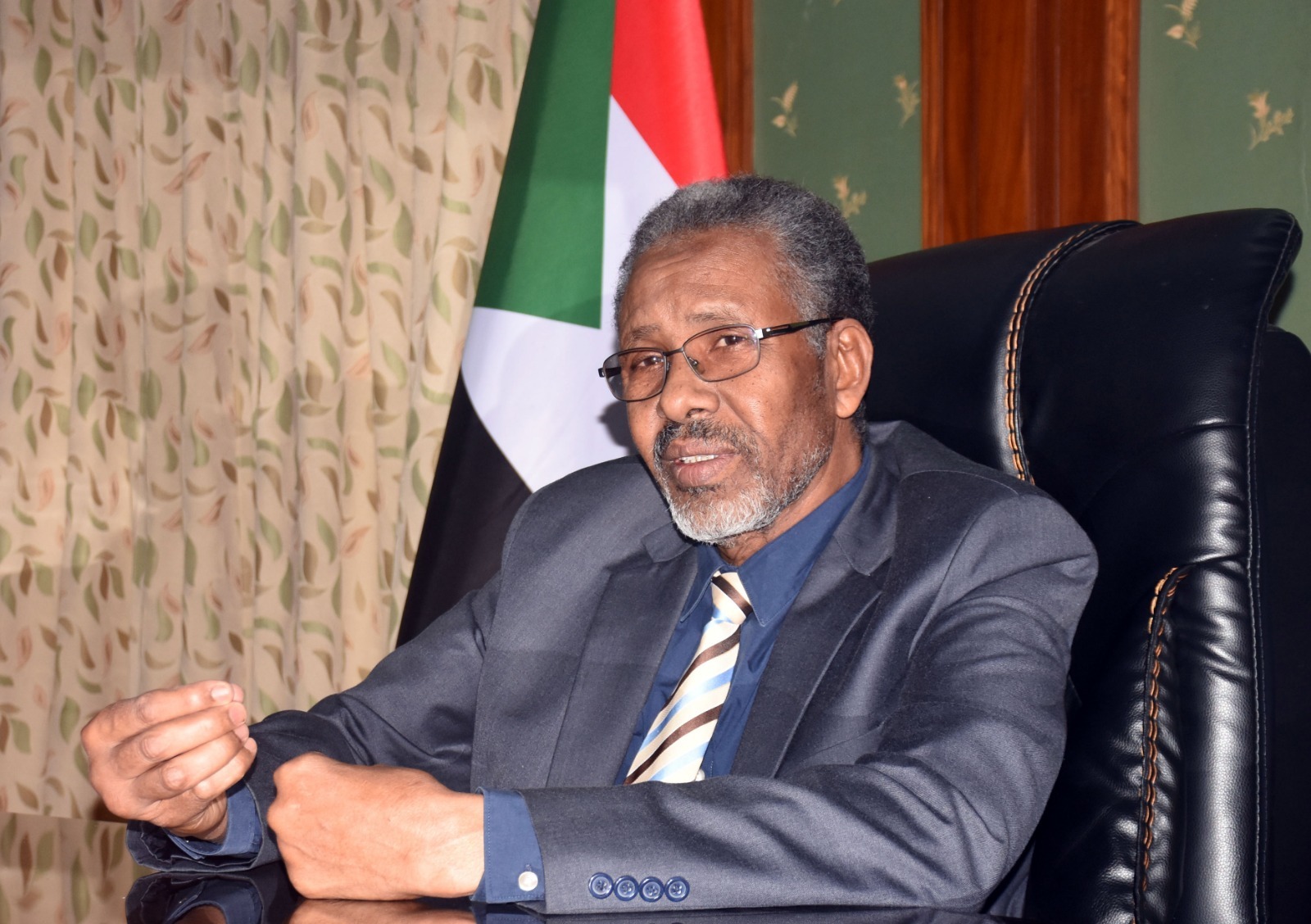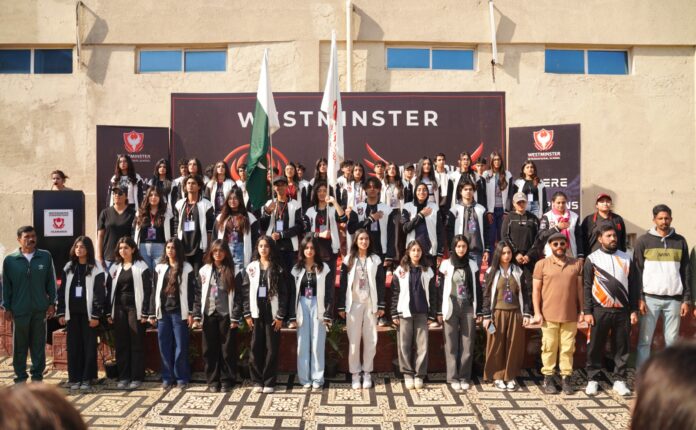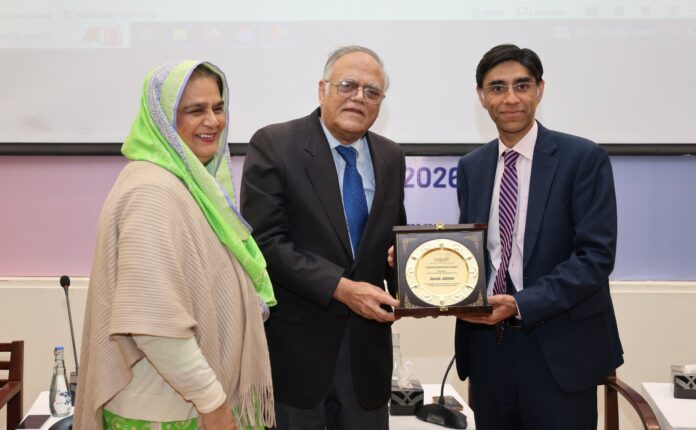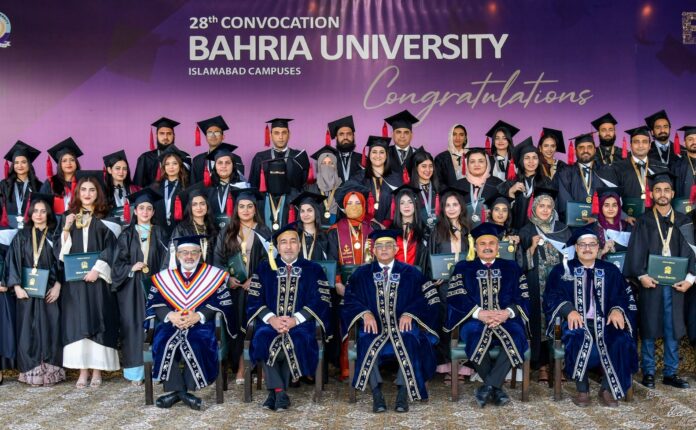Staff Reporter
ISLAMABAD
Sudan and Pakistan enjoy deep-rooted and brotherly relations based on mutual respect, shared Islamic values, similarities between their peoples and rich tradition. Both the countries also face similar challenges as well as opportunities.
Salih Mohamed Ahmed Mohamed Siddig in an interaction with media highlighted scope of enhanced bilateral cooperation between Sudan in Pakistan particularly in tourism, energy, health, business and defence sectors. Sudan and Pakistan, he said, are known for their good coordination in regional and international forums.
Mr Salih Mohamed was of the view that currently, bilateral trade was below the desired level, however, future holds great promise for the two countries in this particular direction. Leadership on both sides is determined to develop trade and joint investments in all sectors such as agriculture, pharmaceuticals, textiles, education, and mining, and hopefully the near future will see steps on this direction, he said. To the question why Africa despite its wealth of natural resources could not be developed like Europe and America, he said indeed, Africa is a rich continent with huge natural resources. However, many other resource-rich countries including Sudan, were not able to properly invest their resources into development and prosperity mainly because of the negative external interference to exploit these resources, which mostly leads to internal armed conflicts, political instability, which then contribute in the fact that Africa is not living a very prosperous life.
On Sudan’s foreign policy, he said Sudan’s foreign policy is based on principles of mutual cooperation at both bilateral and multi-lateral level, non-interference of domestic affairs of others and good neighboring policies. We believe in peaceful co-existence and Sudan has never committed aggression against any nation.
About tourism potential of Suda, he said Sudan was unique and rich in terms of historical sites and natural landscape. Therefore, it is a promising touristic destination. For instance, in Khartoum, the capital of Sudan, blue and white Niles meet in the Mugran area (the confluence) offering a beautiful sightseeing. About the current situation as there are reports of civil war in Sudan, he clarified it was not civil war at all. It was a war between the legal national Sudanese Army and the rebel Rapid Support Force (RSF) militia which was then part of the army before its rebellion.
The war began on April 15, 2023 when the RSF militia attacked the headquarters of the armed forces, Merawi air force base and other military bases, governmental institutions in an attempt to seize power by force. Since the start of its war against the Sudanese state, RSF militia has been committing heinous atrocities and war crimes such as rape, mass killings of civilians including women and children, and destruction of vital private and public properties. On the question regarding role of the Islamic countries in supporting Sudan, the ambassador said since the start of this crisis, several Islamic countries, including Saudi Arabia, Egypt have been playing active roles in supporting Sudan and exerted huge endeavors to mediate peaceful solutions to the crisis.
Many Islamic countries including Pakistan offered humanitarian support. The war would have not extended without the external support of some regional countries, mainly United Arab Emirates (UAE) to RSF terrorists. Unfortunately, the Emirates government insists on providing the militia with political, logistic and military support, the ambassador regretted and added that the UAE also had been trying to influence regional organizations by distorting facts against the Sudanese army in support of the rebel militia. He expressed determination that the Sudanese army with the support of the people of Sudan would not only defeat the RSF militia but also clear the country of their remnants.
The government of Sudan has already started implementing the road map it had presented to the United Nations (UN) and the mediators for achieving peace in the country, by appointing a fully powered prime minister, Dr. Kamil Idrees, who already started appointing his civilian government of independent competent technocrats, the ambassador said.







